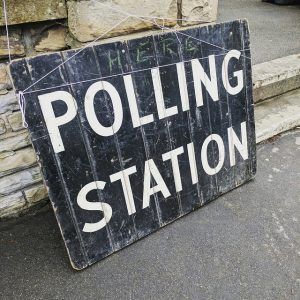by Jalees Rehman

The World Health Organization (WHO) estimates that over a billion people live with some form of disability, expressed as impairments, activity limitations and participation restrictions. Disabilities are often manifestations of health conditions and as such, people suffering from disabilities not only require general medical care such as immunizations and preventive screenings but also need additional care to address the underlying health conditions. According to the WHO, people with disabilities are far more likely to suffer catastrophic health expenditures and receive inadequate medical care than people without disabilities. In addition to the medical and financial challenges, people with disabilities are often isolated and marginalized in society. The lack of political participation by people with disabilities in politics is especially concerning because it sets in motion a vicious cycle of marginalization. If the voices of people with disabilities are not adequately represented in the political arena, then it becomes less likely that governmental measures are taken to ensure adequate medical care and social integration of people with disabilities.
The researchers Lisa Schur and Meera Adya recently studied the political participation of people with disabilities in the United States in their article Sidelined or Mainstreamed? Political Participation and Attitudes of People with Disabilities in the United States. They used data from four US surveys: the 2008 and 2010 Current Population Surveys (CPS), the 2006 General Social Survey (GSS), and the 2007 Maxwell Poll on Citizenship and Inequality. The surveys ask respondents whether they suffer from distinct forms of impairment such as visual, hearing, mental-cognitive or mobility. There were 12,027 people in the 2008 CPS and 12,064 people in the 2010 who answered yes to at least one of the disability questions. The large sample size of CPS and the inclusion of a “voting supplement” in the CPS during even-numbered years allowed the researchers to study the extent of political participation by people with disabilities. Read more »
